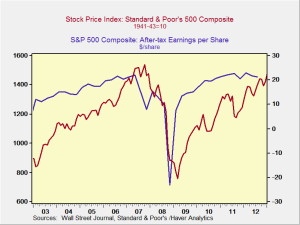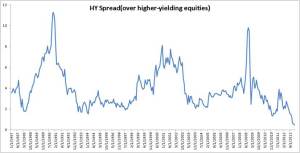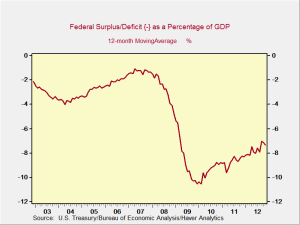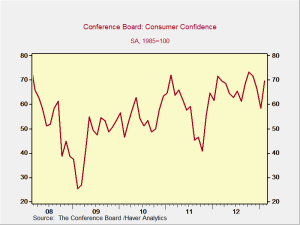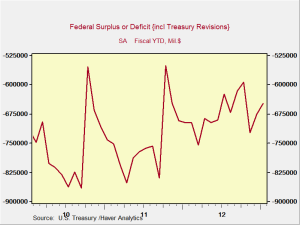With all of the focus on Cyprus over the past couple of days, the refrain has gone something like this: what really matters isn’t Cyprus itself but the bigger picture and what that might mean for Europe. No one has really gotten into what happens and how, so I thought I’d give that a shot.
Cyprus is an even smaller piece of Europe than Greece was. The banking system, which was seven times the size of the economy, is also small in the larger scheme of things. The amount of money required to bail out the system was a rounding error; there was no financial reason not to simply write a check.


